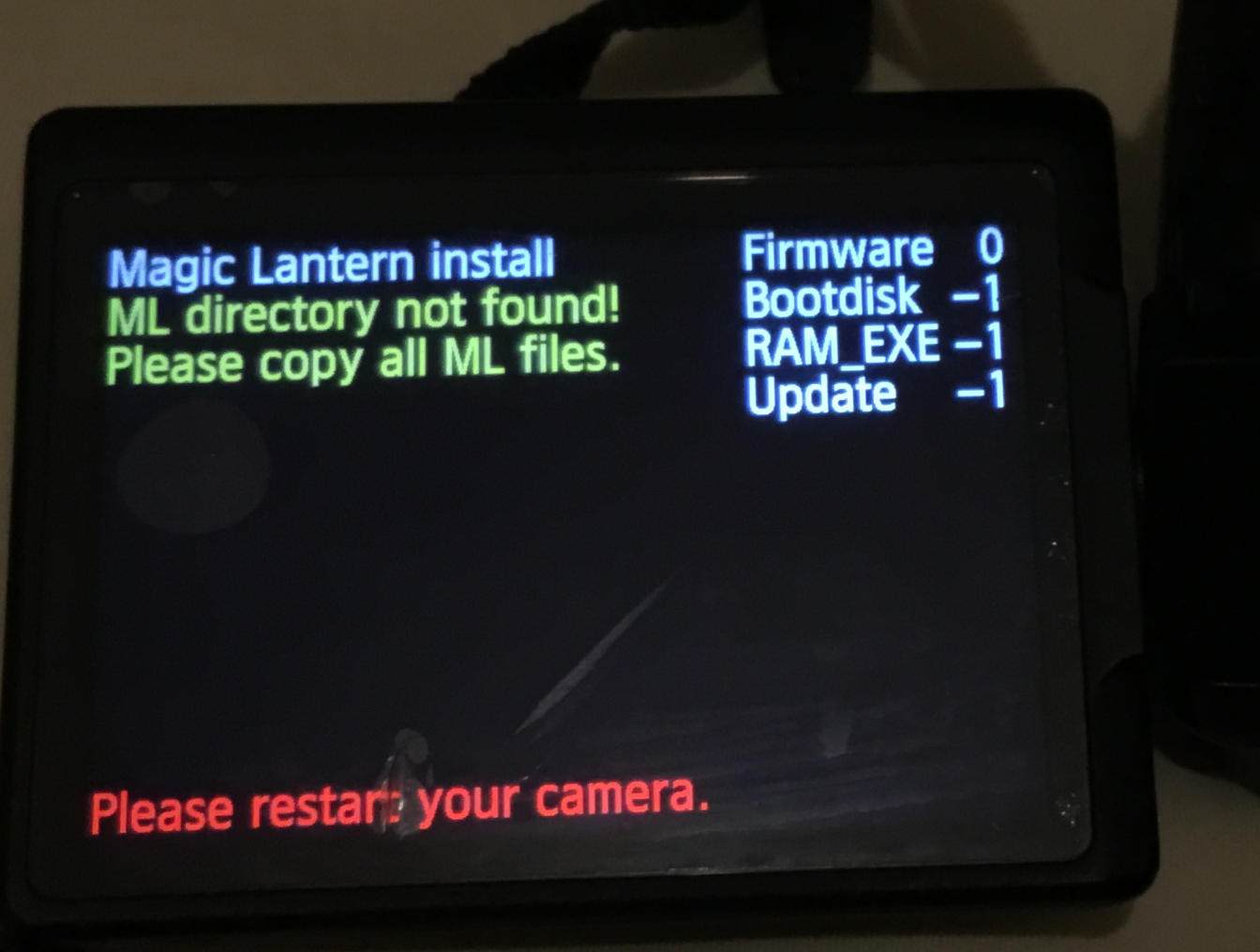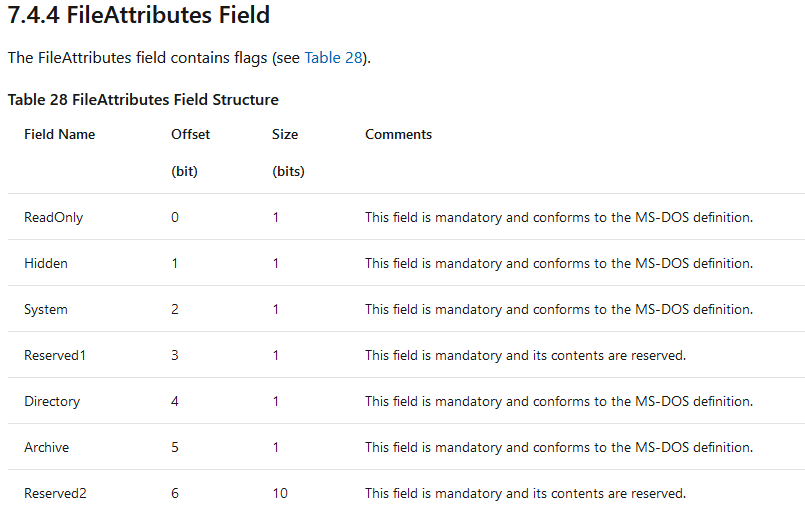This is getting interesting. Please send me a copy of your ROM, so I can attempt to reproduce in QEMU.
I can also attempt to bypass the error and reset camera settings that way - feel free to join the IRC or Discord chat room for that.
I can also attempt to bypass the error and reset camera settings that way - feel free to join the IRC or Discord chat room for that.










